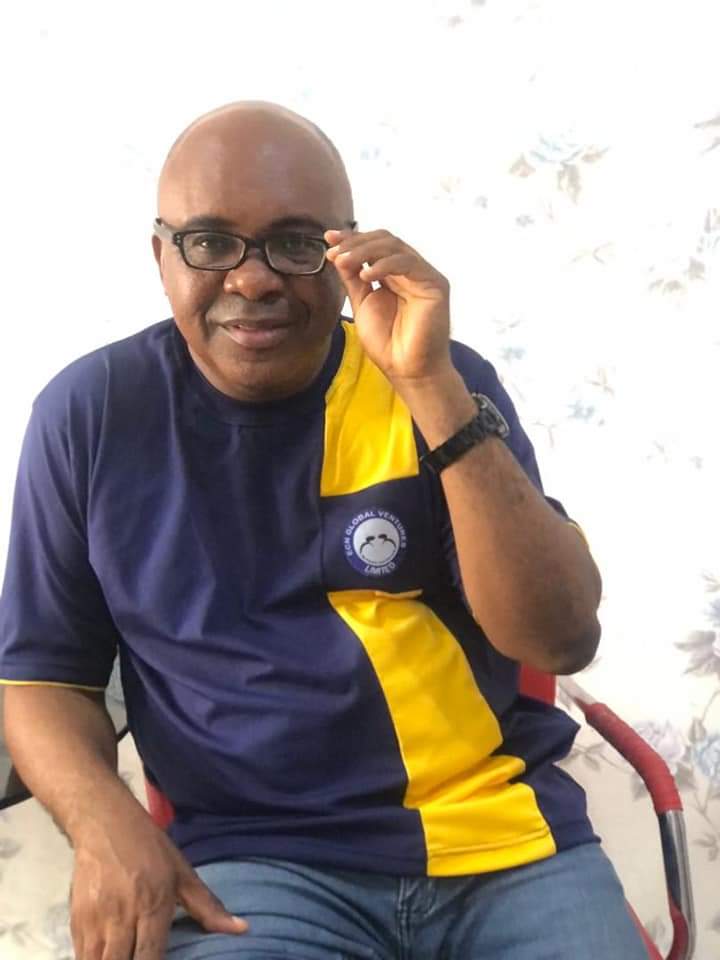THIS SPORTING LIFE : The 6th All Africa Games Harare ’95: “The Games of Controversies”

The games of the 6th All Africa Sports Festival held in Harare, Zimbabwe from September 13th to 23rd, 1995. It was the games that admitted South Africa after it became free of its white domination and apartheid enslavement. Previous games had held in Congo (1965), Nigeria(1973), Algeria(1978), Kenya (1987), and Egypt (1991). The fifth edition in Harare, saw a total of 46 countries participating in 17 sports disciplines with a record 6000 athletes participating in both male and female categories in a colorful show of Sports and Culture during the opening ceremony at the National Sports Stadium in Harare which also hosted the closing ceremony. Guests were treated to Jerusarema Dance, the Muchongoyo dance and the Mbira dance, a spiritual dance performed to communicate with ancestral spirits adorning animal skins and grass and the dried-grass skirts and bare chests by the Jerusarema dancers.
The 6th All Africa Games was a clear testimony and a demonstration by Zimbabwe that the nation can effectively host a diverse range of both sports and other social events, but it came and went not without its attendant controversies. These controversies stemmed from concerns over the growth of the games and disputes between teams. Two main incidents stood out during the games:
Egyptian Handball Player Gender Controversy.
An Egyptian woman handball player had issues with her real gender. Majority of the teams in the handball event insisted that there must be physical inspection of the woman to ascertain her gender, but the Egyptian team protested almost uncontrollably, insisting on her “woman-ness”.
This nearly marred the handball game but just as that was being resolved, another issue erupted, and this was on the attire of the South African gymnasts whom the North African teams especially the Egyptian team felt was too “revealing” and too” sexy”. Of course, South Africa protested, and officials were called in again to settle the matter but not without its after-effect.
Within the rank and file of sports journalists from Nigeria we had our dose of controversies. As the chairman of the Sports Writers Association of Nigeria SWAN Lagos, and a member of the NEC, I was in the middle of controversies and disputes between the journalists and officials of the ministry every now and then. The picture is that the ministry chartered an aircraft which lifted the Nigerian contingent , including sports journalists to the games were, the minister and his lieutenants felt that we owed them unalloyed loyalty by writing or reporting what they want us to report or you risk being dropped off the aircraft on the journey home or even get arrested on return at the Lagos airport for “subverting” the Nigerian state. These threats were real and were to be handed out to two or three journalists. These journalists had already begun to seek asylum until SWAN intervened.
Until we left the shores of Zimbabwe and landed at the Murtala Muhammed International Airport on September 25, 1995, we were still apprehensive of what would happen next. Despite these controversies, the games produced a lot of great performances.
Two Nigerian athletes, Adewale Olukoju became the first athlete to win his 4th gold medal in the Discuss as well as Mary Onyali winning her two gold medals in the 100 and 200 meters to make it her 4th overall of the All-Africa Games.
Maria de Luders Mutola of Mozambique won the 800-meter race gold medal establishing her dominance in the event. She had previously won in 1991 in Egypt.
South Africa, though participated for the first time after defeating apartheid, came first overall winning 64 gold, 51 silver, and 39 bronze medals.
Egypt came second with 61 gold, 43 silver and 50 gold medals.
Nigeria came third with 36 gold,31 silver and 40 bronze medals. Egypt dominated team sports winning the gold in basketball, volleyball, handball and football while South Africa demonstrated her mastery of field sports by winning the golds in field hockey in both the male and female categories. Zimbabwe as a country provided the visitors so many things to be proud of as Africans as well as non-Africans.
The first intriguing thing about Zimbabweans is their ever-welcoming spirit, bold friendly gestures and their Africanness. They enjoy their lives and will be willing to join you even as a visitor to explore the goodness of their country.
By the time of the games, Zimbabwe was bubbling, economically sound and robust bounce of their currency, the Zim Dollars. By the time we were there, dispensing fuel into your car was self-service, even payments by personal cheques were readily accepted. Zimbabwean visa at the time was just a stamp, like the postage stamp that we commonly use in the post office. Their immigration affixes the stamp on your passport, and you were good to go.
Their capital Harare was changed from Salisbury (the former British Prime Minister, Sir Salisbury) on independence but that did not change its beauty and concept.
The only challenge to one time visitor then was their traffic which was a reverse of what obtains in most African countries. Zimbabwe drives on the left with a right-hand steering. If you survive the traffic shock, then you were bound to enjoy the country and her two major cities of Harare the capital city and Bulawayo, the land of the Ndebele people. We were told that Bulawayo comes from the Ndebele word ‘bulala’ meaning “the one to be killed” which refers to the bloody wars that took place during the accession of Lobengula, the son of King Mzilikazi, in the 1840s.
The 6th All Africa Games was the shinning light for South Africa in many respects. The first was winning the games in its first attendance after Apartheid and winning the rights to host the next games in Johannesburg for the 7th edition.


Write a Comment